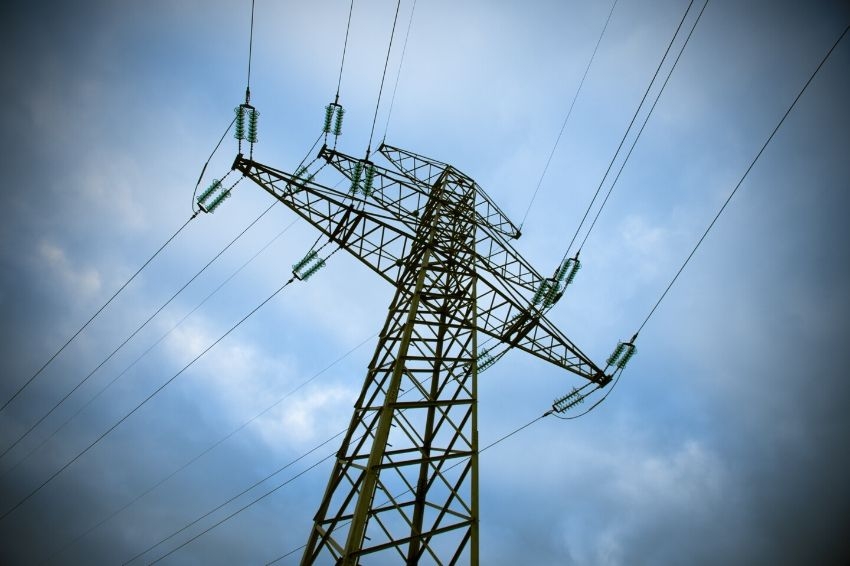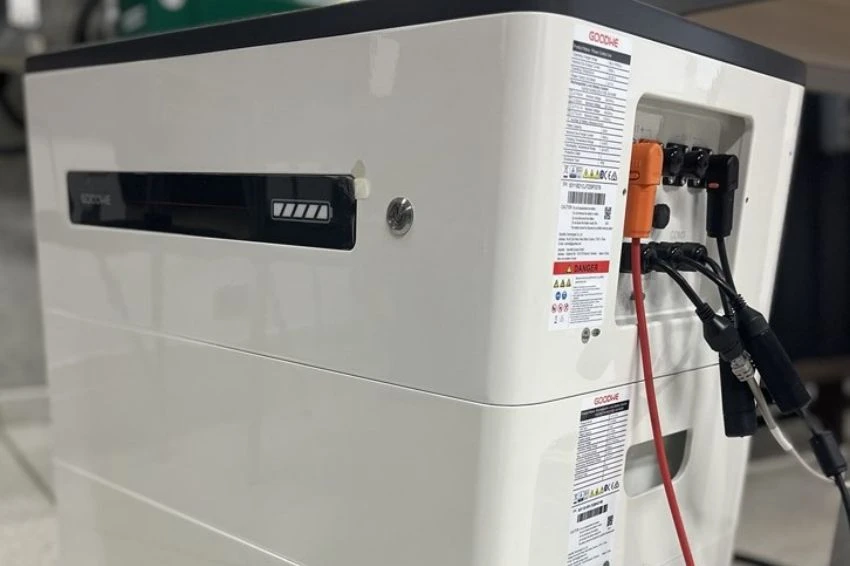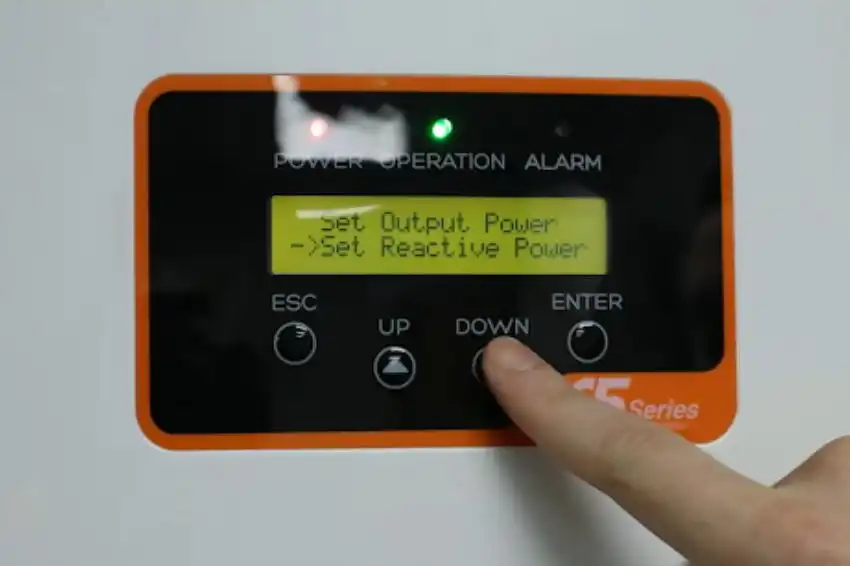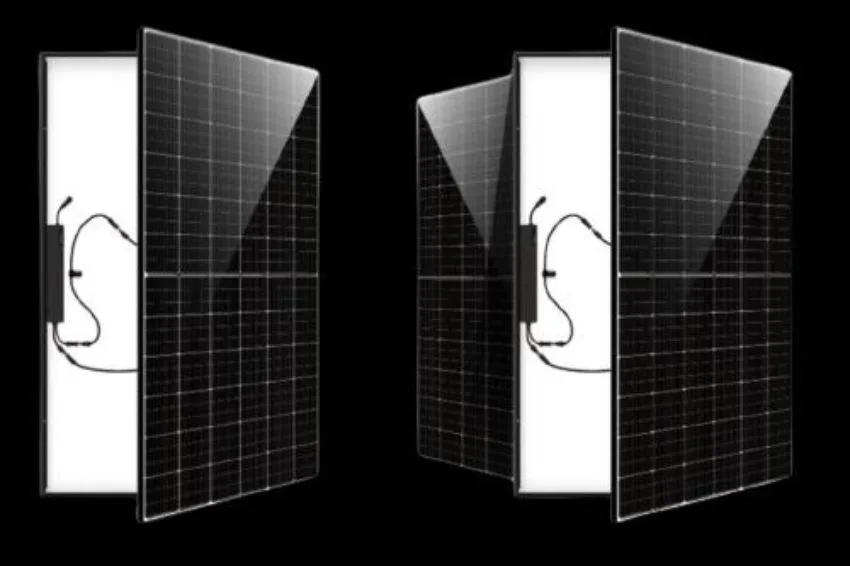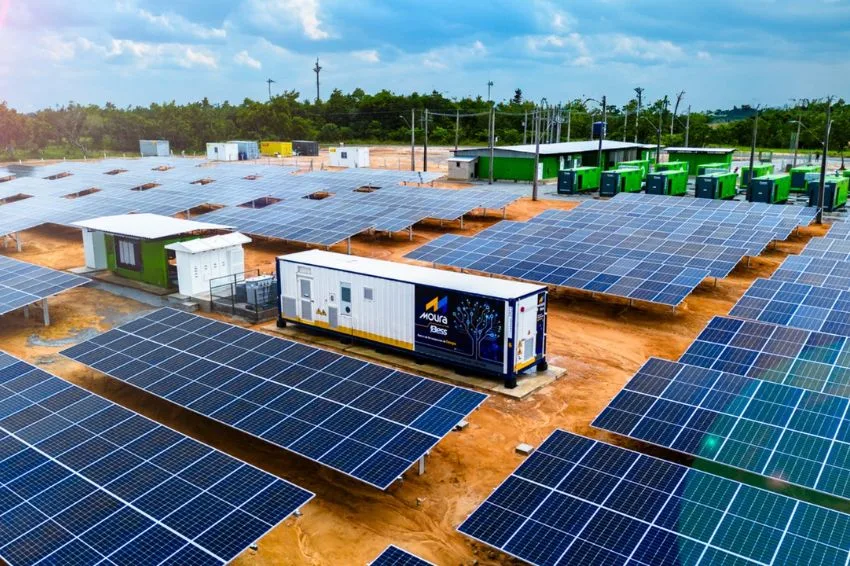ICMS (Tax on Circulation of Goods and Services). This tax, which is levied on the circulation of goods and services, is part of the daily life of the DG integrator (distributed generation) and the electricity consumer. From equipment to energy transport, there is ICMS.
However, over the years several theses have emerged seeking to question the existence of a triggering event that justifies the incidence of the tax. Note that here we are talking about possible non-incidence, not exemption.
The exemption is an “act of kindness” by the public authorities, registered in law or similar act, which decides, under certain conditions and for a certain period of time, not to collect the tax due.
Non-incidence, on the other hand, concerns an act or fact that does not fit into the hypotheses provided for by law that would give rise to the payment obligation.
Well, the incidence of ICMS on electricity consumption occurs because energy is considered a non-static commodity, as it leaves the generators, where it is produced, passes through the transmitters, is distributed by distributors and arrives at our homes.
But, if, on the one hand, electricity is a consumed commodity, on the other hand, distribution and transmission lines are used by the consumer, but are not consumed (except, of course, for the natural wear and tear inherent to any physical asset).
For us, the most tangible form of this transport is the payment of the contracted demand. To remember, contracted demand is the power that the distributor needs to make available to the consumer unit connected at high voltage to ensure that the electronic devices, machinery, etc., of these units can be fully served, if they are all turned on at the same time.
In return for this guarantee, the consumer pays the so-called TUSD (Distribution System Usage Tariff) D, or, popularly, contracted demand, which is calculated according to the total power available. In other words, the amount is charged at R$/kW.
The contracted demand can be fully used or not. And, on this value, ICMS must (should it really?) be collected. This charge does not come from the energy distributor, but from the States – the only entities that have the authority to do so.
It was to question this collection that, in 2006, a consumer decided to question the State of Santa Catarina, indicating that the value of the unused contracted demand should not be charged with state tax.
After many appeals, the matter reached the STF (Supreme Federal Court) in 2008 and was decided in April this year. In its decision, the STF established, by majority, the following thesis:
“The demand for electrical power is not subject, in itself, to taxation via ICMS, as only the values relating to those operations in which there is actual consumption of electrical energy by the consumer are included in the calculation basis of this tax”.
The decision was widely publicized and celebrated by consumers. However, the fact is that it left doubts and, until they are resolved, we can only wait. Are they:
- Would the STF have followed the thesis established in 2009 by the STJ (Superior Court of Justice), according to which the ICMS could only be levied on the demand actually used?
- Or would the STF have gone further and understood that the use of transmission and distribution networks effectively does not constitute a taxable event capable of justifying the payment of the tax?
To shed light on the situation, an appeal was filed requesting that the STF explain the extent of its decision, so that taxpayers and States can prepare to apply it.
That's right: despite the original action having been initiated against the state of Santa Catarina, the issue is so frequently the target of judicial questions than the STF, that the decision handed down here will serve to resolve the case in all States.
And what does this mean in practice? That high voltage solar energy projects and high voltage consumers, in general, have an opportunity for savings in front of them. What we need to know for sure now is its size.
If the STF follows the STJ's thesis, the consumer will save with the value of the reduction in their contracted and unused demand: on this difference, the gross value of TUSD D will be charged, and no longer the full value.
Therefore, if he contracts 150 kW of demand and, in the month of June, he only used 110, he will pay the full amount on the 110 kW, and the amount without ICMS on the 40 unused ones.
It should be noted that, due to there being a judicial precedent from the STJ in this regard, some States – such as Paraná, Ceará and Minas Gerais – already follow this understanding.
If, on the other hand, the STF understands that ICMS should not affect demand at all, then, in the example above, the consumer would pay 110 kW for the tariff without ICMS.
Assuming he is in the State of Bahia, where the value of gross contracted demand is around R$36.50/kW, he would pay around R$26.60/kW. In other words, a significant reduction capable of even helping to make more projects viable.
It took a long time, but, apparently, we are close to good news on this front.


